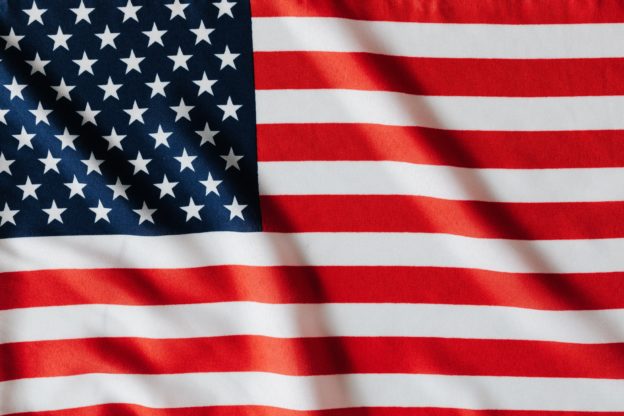by Pascal Cange and Dimana Todorova
Following a complaint filed at the end of June 2017 by the US Coalition for Fair Trade in Ripe Olives, the Department of Commerce and the US International Trade Commission opened an investigation into imports of ripe olives from Spain into the United States.
In the context of the investigation carried out by the US authorities, the Department of Commerce considered that imports of ripe olives from Spain would have as origin EU programs subject to various countervailing measures:
- First Pillar of the Common Agricultural Policy (“CAP”) on direct aid to farmers and the Greening Program: the Department of Commerce questioned both the transposition of the First Pillar program by the Spanish Government, as reference is made to the operations of the single payment scheme and the common market program, and the determination of the amount of aid allocated by the Spanish Government.
- Thus, assistance provided under the first pillar of the CAP under the basic payment scheme and greening would be de jure specific and therefore countervailable, according to the Department of Commerce.
- Second pillar of the CAP on rural development policy: the Department of Commerce considers that support under this program is limited to companies located in rural areas of the EU, which are geographical regions designated according to certain socio-economic and environmental criteria.
- This program would be specific within the meaning of US regulations and therefore subject to protective measures.
Accordingly, under the Tariff Act (1930), the US International Trade Commission ruled on 25 July 2018 that the US industry would suffer material injury as a result of these imports of ripe olives, which would be sold in the United States at a price below their fair value and subsidized by the Spanish government.
Such a conclusion by the US authorities has important repercussions because it affects the very basis on which CAP aid is granted, and is dangerous because such a solution could easily exceed the limits of the case in question and affect any other European agricultural product whose producer would benefit from CAP aid.
Exporters of agricultural products established in France or other European Union Member States may be exposed to similar duties in the United States.
DS Avocats closely follows these various developments on the other side of the Atlantic and remain available to any company that considers itself targeted by such measures.
***
DS Customs & Trade team is at your disposal to provide you with additional information.
CONTACT US:

